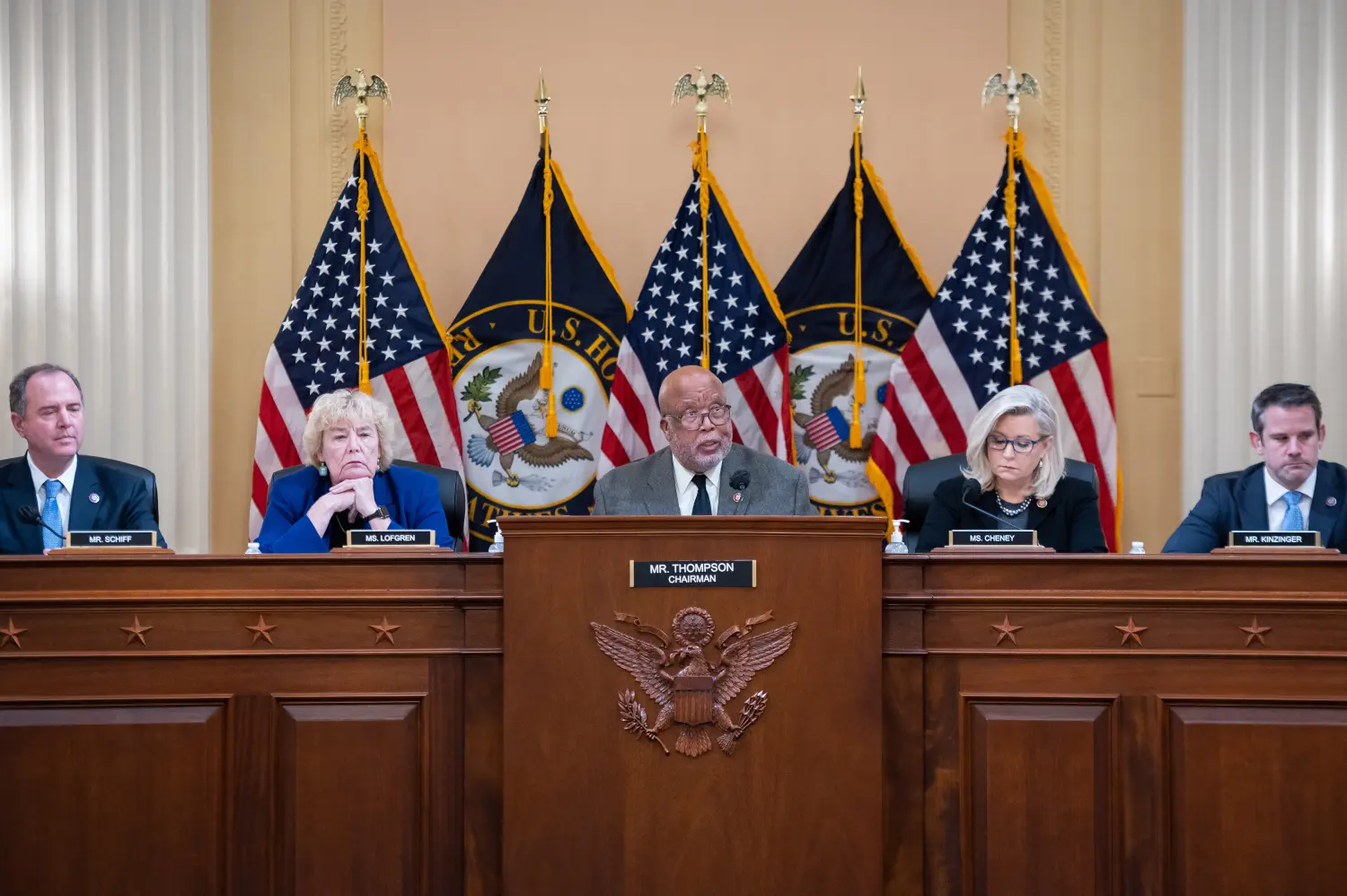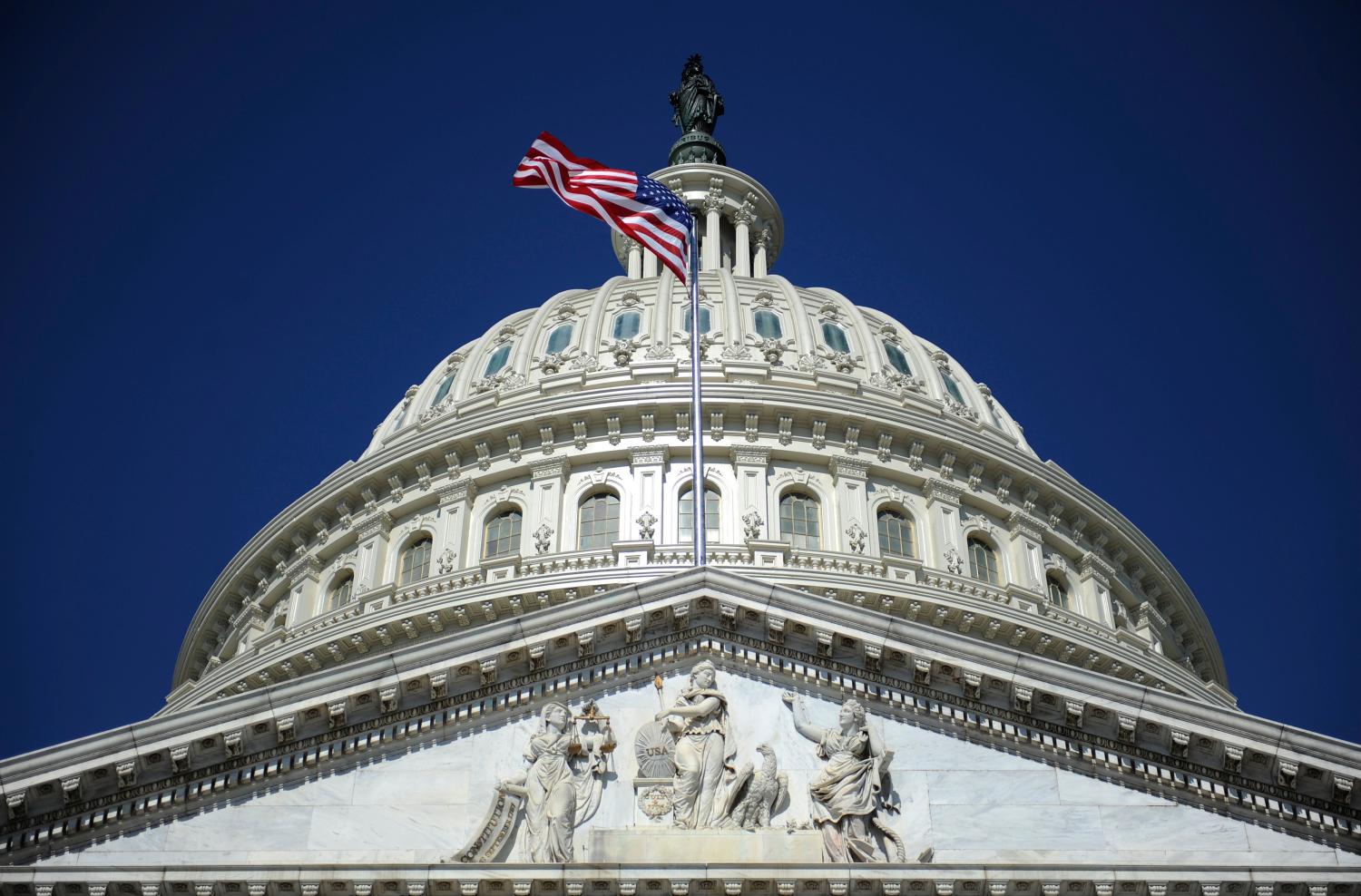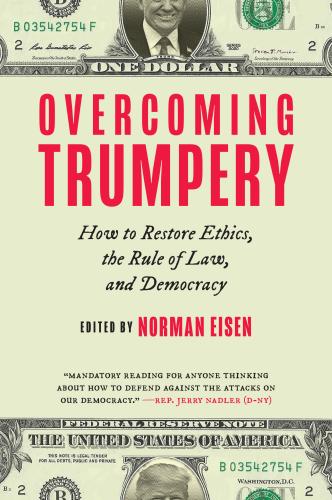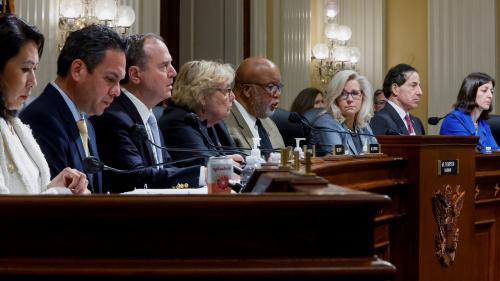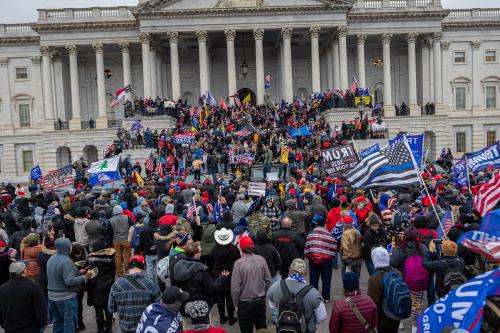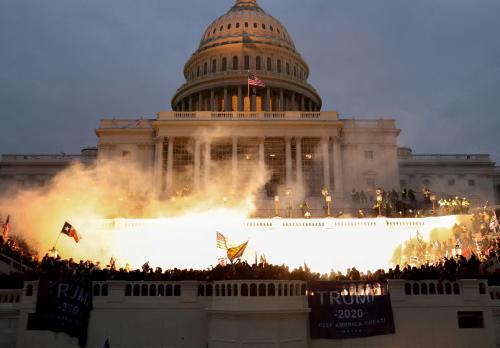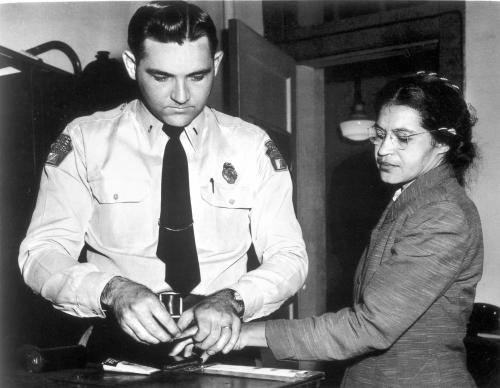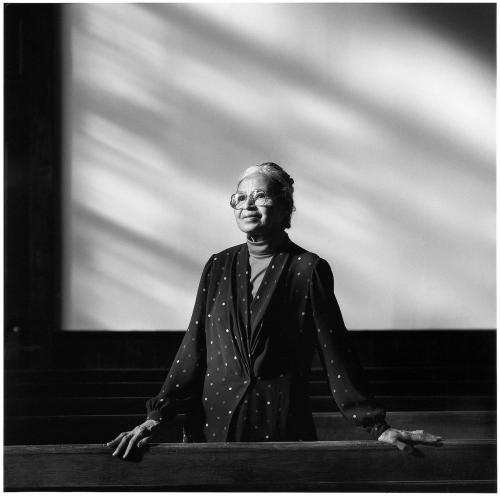President Joe Biden legitimately won a fair and secure 2020 presidential election—and Donald Trump lost. This historical fact has been uncontroverted by any evidence since at least November 7, 2020, when major news outlets projected Biden’s victory. But Trump never conceded. Instead, both before and after Election Day, he tried to delegitimize the election results by disseminating a series of far-fetched and evidence-free claims of fraud. Meanwhile, with a ring of close confidants, Trump conceived and implemented unprecedented schemes to—in his own words—“overturn” the election outcome. Among the results of this “Big Lie” campaign were the terrible events of January 6, 2021—an inflection point in what we now understand was nothing less than an attempted coup.
With Congress undertaking landmark hearings on all of that, our new Brookings report “Trump on Trial: A Guide to the January 6 Committee Hearings and the Question of Criminality” is a comprehensive guide to the proceedings. The report covers the Committee’s work to date, the key players in the attempt to overturn the election, the known facts regarding their conduct that are expected to be covered at the hearings, and the criminal law applicable to their actions.
The report goes beyond prior analyses to provide the first in-depth treatment of the voluminous publicly available evidence and the relevant law, including possible defenses. It reviews the evidence as to whether Trump as a matter of law conspired with his outside counsel John Eastman, administration lawyer Jeffrey Clark, and others to defraud the United States in violation of 18 U.S.C. § 371 by scheming to block the electoral count on January 6, 2021 and to subvert the Department of Justice’s election enforcement work. The report similarly reviews the evidence as to whether Trump and Eastman violated 18 U.S.C. § 1512(c) with their scheme to obstruct the congressional count.
While the report is primarily focused on possible federal offenses that the hearings are expected to illuminate, it also notes evidence potentially probative of state criminal violations that the hearings will consider. Fulton County, Georgia is one jurisdiction currently investigating such evidence, and the report addresses the factual and legal aspects of that investigation and how it will be advanced by the Congressional hearings. (The Georgia investigation is also the subject of a separate report by some of the publication’s authors.)
The report’s review of well-established law and public record evidence as it exists today leads the authors to believe that there is substantial evidence of all the essential elements of those federal and state offenses and suggests there is a substantial basis for prosecutors to go forward. Accordingly, the report considers whether the Committee will send prosecutors an evidentiary “road map” or even formal criminal referrals as among the possible legislative and other outcomes following the hearings. The decision whether to make such referrals rests with the January 6 Committee and the ultimate determination whether to prosecute must be made by the Department of Justice—and for Georgia state offenses, by the Fulton County District Attorney. But the issues bearing on those judgments are among the most important open questions as the Committee does its work and as prosecutors weigh next steps. Our report’s analysis is intended to help readers evaluate all those proceedings going forward.
The Brookings Institution is committed to quality, independence, and impact.
We are supported by a diverse array of funders. In line with our values and policies, each Brookings publication represents the sole views of its author(s).





